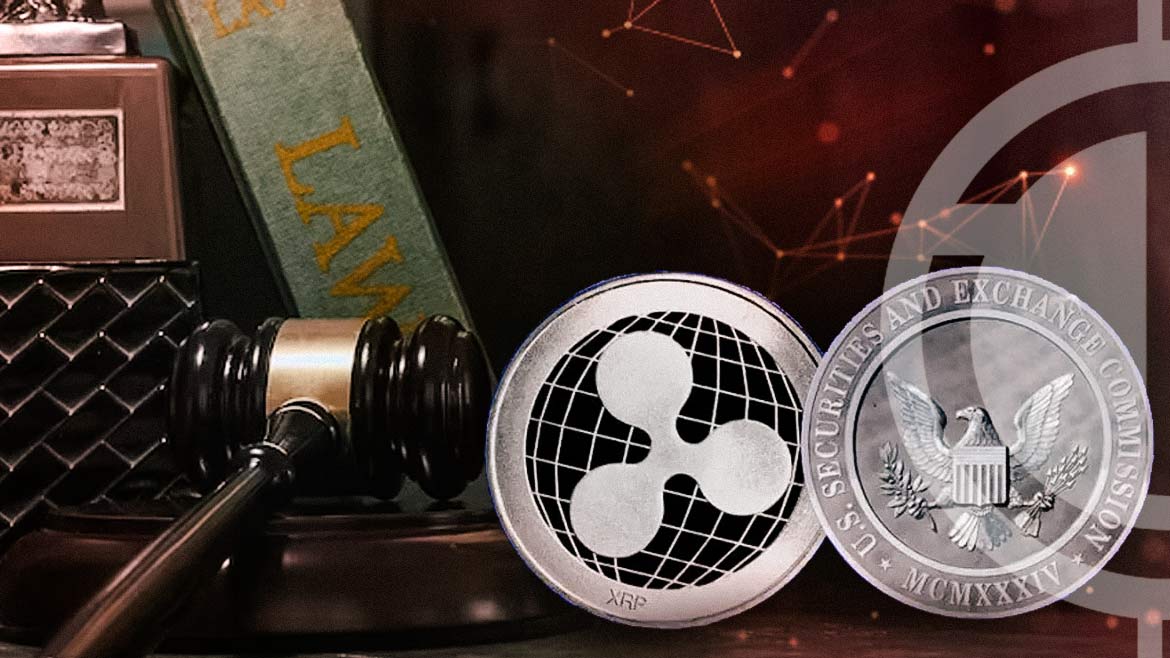- Ripple Labs and the SEC have informed Judge Torres’s court about their unavailable dates for trial in Q2 2024.
- Considering the recent information, the trial is expected to be held between April 22-26 or at the end of April.
- XRP lawyer John Deaton has criticized the SEC’s regulatory approach, emphasizing the lack of clear guidance and its impact on the crypto industry.
The ongoing legal battle between Ripple Labs, its executives, and the U.S. Securities and Exchange Commission (SEC) has seen new developments regarding the trial dates. Both parties have informed the court about their unavailable dates for trial in the second quarter of 2024, leading to speculations about the trial’s timing.
According to a letter dated August 23, Ripple Labs executives would be available for trial throughout the second quarter of 2024. Ripple CEO Brad Garlinghouse and executive chairman Chris Larsen have informed Judge Analisa Torres about their unavailability for trial from April 1 to April 14, 2024, coinciding with Bitcoin halving. The U.S. SEC has also submitted their blackout dates for trial, except for April 15-19, May 1-7, and May 27-31.
Considering the unavailability of both parties, the trial is likely to happen between April 22-26 or at the end of April. The SEC would be mostly unavailable in May, with a mid-May order likely from Judge Torres.
In the meantime, XRP’s price has rebounded from negative sentiment, jumping 3% in the last 24 hours, trading at $0.53. However, the trading volume of the altcoin has decreased by 17% in the same timeframe.
Amidst this development, XRP lawyer John Deaton has criticized the regulatory approach taken by the SEC. He cited instances where major crypto players like Coinbase reached out to the SEC for regulatory clarification before listing XRP but faced no objection.
Deaton emphasized how the SEC’s action against Ripple, filed in December 2020, has deprived XRP of nearly three years of adoption in the U.S. Deaton reflected on Ripple’s trajectory of great adoption in cross-border payment and how the lawsuit affected similar interest from companies like Coinbase.
Deaton’s insights serve as a stark reminder of the potential consequences of regulatory ambiguity. They illustrate how the SEC’s actions against Ripple have not only affected the company but also sent shockwaves through the entire crypto industry, impacting partnerships, investments, and market confidence.
Previously, on July 13, Ripple landed a significant win against the SEC when U.S. District Judge Analisa Torres declared that Ripple did not violate federal securities law by selling its XRP token on public exchanges. This ruling has been a pivotal moment in the case, setting a precedent that may influence future regulatory actions in the cryptocurrency space.












